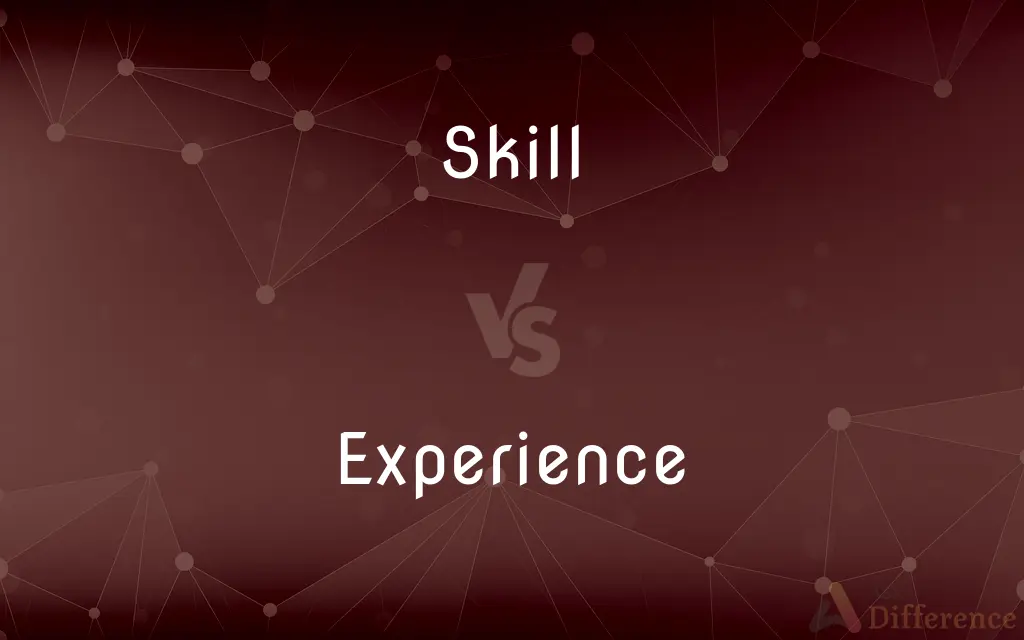In today's competitive job market and rapidly evolving industries, the debate between skill and experience is more relevant than ever. Job seekers, employers, and professionals at all levels grapple with the question of which holds greater importance in the quest for career success. Should you prioritize building your skills or accumulating years of experience? This blog explores the nuances of this age-old dilemma and helps you navigate your career path effectively.
Skills are the foundation upon which any profession is built. They are the practical, tangible abilities that enable you to perform specific tasks and excel in your role. Here's why skills matter:
- Relevance in a Changing World: Industries are constantly evolving due to technological advancements and market shifts. Having up-to-date, relevant skills allows you to adapt to changing trends and stay competitive.
- Differentiation: Skills can set you apart from others with similar levels of experience. Possessing a unique or specialized skill can make you a sought-after candidate or expert in your field.
- Quick Impact: With the right skills, you can make an immediate impact in a new job or project. Your ability to contribute effectively can be especially crucial in fast-paced environments.
- Continuous Learning: Focusing on skill development encourages a growth mindset. You are more likely to seek out opportunities for learning and self-improvement.
The Experience Advantage
While skills are essential, experience also plays a significant role in career progression. Here's why experience matters:
- Wisdom and Perspective: Experience provides you with a broader perspective on your industry and profession. It helps you anticipate challenges and make informed decisions.
- Network Building: Over time, you build a network of contacts and mentors who can provide guidance and open doors to new opportunities.
- Leadership Skills: Many leadership qualities, such as problem-solving, decision-making, and interpersonal skills, are honed through years of experience.
- Credibility: Employers often value candidates with a track record of success and a history of navigating various challenges successfully.
The Ideal Balance
So, which is more important: skill or experience? The truth is that both are valuable, and the ideal balance between them depends on your career stage, goals, and industry. Here's how to strike that balance:
- Early Career: In the early stages of your career, prioritize building a strong skill set. Focus on developing the technical and soft skills relevant to your chosen field.
- Mid-Career: As you gain experience, start leveraging it to take on more significant responsibilities. Seek out leadership roles and mentorship opportunities to develop your experiential knowledge.
- Late Career: At this stage, your experience becomes a cornerstone of your professional identity. However, don't become complacent. Continuously update your skills to remain relevant.
- Transitioning: If you're switching careers or industries, emphasize your transferable skills and be prepared to explain how your existing experience can benefit your new role.
Conclusion
The skill vs. experience debate need not be an either-or choice. Both skill and experience are essential ingredients for career success. Finding the right balance between them is the key. Continuously invest in skill development while leveraging your experience to make informed decisions and stand out in your profession. Remember, a successful career often results from the harmonious interplay of skills and experience.


